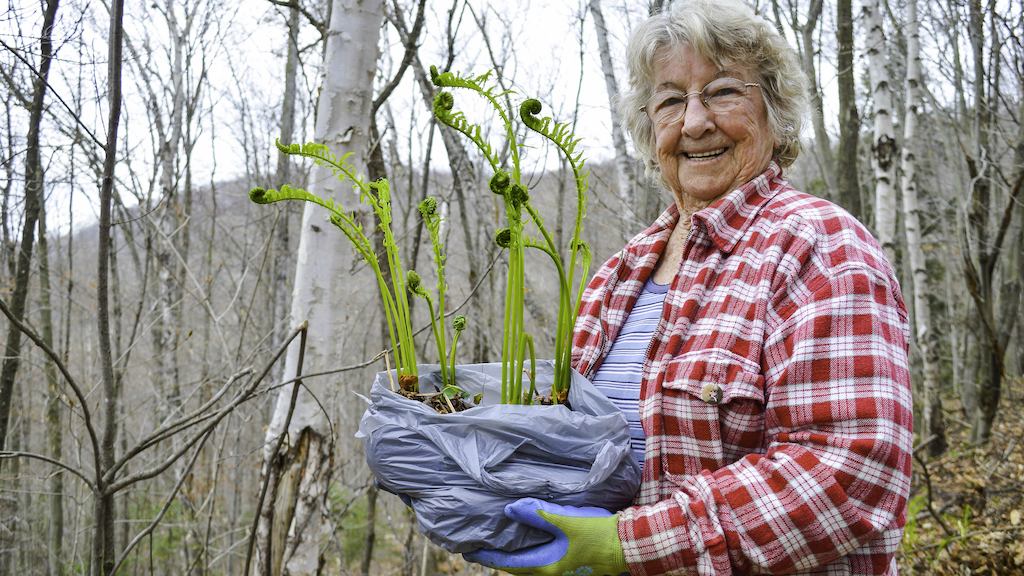The people who are most likely to volunteer are those who are already relatively wealthy, in good physical and mental health, and with high levels of wellbeing and social connections. People who could benefit most from developing new friends and increasing their sense of purpose and satisfaction in later life are losing out, because they are less likely to get involved.
Funders and organisations working with volunteers need to address this gap and make it easier for these people to take part. The Government’s recently-announced £4 million funding to boost volunteering in people aged 50 and over is one opportunity to tackle this.
There is evidence of a ‘volunteering divide’ in later life. People aged 50 and over are more likely than younger people to be highly committed to voluntary activity. Indeed, they are responsible for approximately 40 per cent of all the volunteering, charitable giving and civic participation in the UK. But conversely this age group are also more likely than others not to make any contributions at all, with a large proportion completely disengaged.
Dan Jones, Director of Innovation and Change at the Centre for Ageing Better, one of the report’s authors, said:
“Organisations that support volunteering should be confident that participation does make a difference in terms of wellbeing and increased social connections in later life, especially for people who are less well connected and active now. Funders should put more resource into volunteering schemes that would benefit those people most and meet the costs of supporting them to participate.

